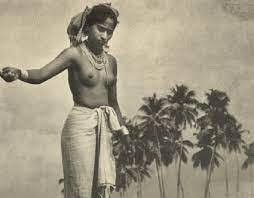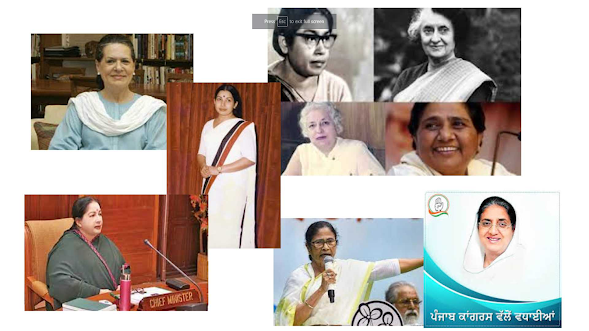"'Am I Not Relatable Anymore?' Do you relate? Watch the video to find out more, like, share, comment, subscribe..."

This week we discussed "I’m Beautiful the Way I Am: Empowerment, Beauty, and Aesthetic Labour" by Sarah Banet-Weiser. Here, we talked about how fashion vlogging and make-up videos have created an illusion of "oh this is something everyday people can do as well!" and these activities are showcased as something one does "just for fun". In the process, their aesthetic labor comes about to be invisibilized. All of this is usually done through creating and maintaining a celebrity persona which is now something ‘ordinary’ people who aren’t conventionally famous can now access. "The celebrity of beauty vloggers absolutely depends on not losing one’s ‘ordinariness’. It is precisely the ordinariness of beauty vloggers, or their authenticity, that makes them consumable as celebrities to their online fan base (page 276). And the labor that they do to perform this "authenticity" comes to be written as "pleasure" and as something that "on...





